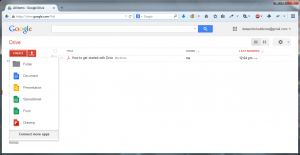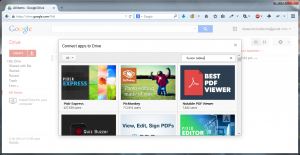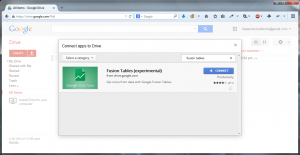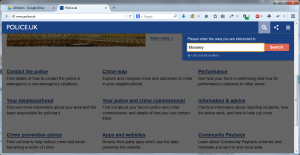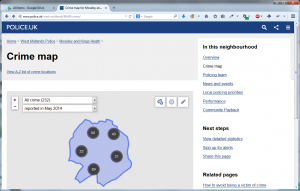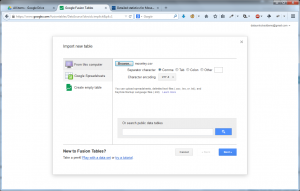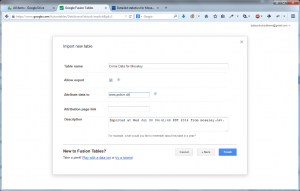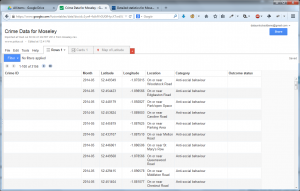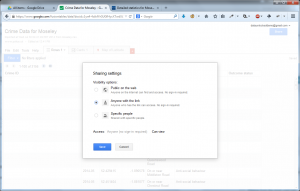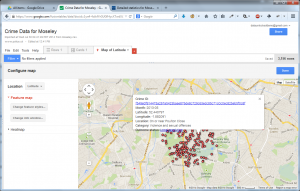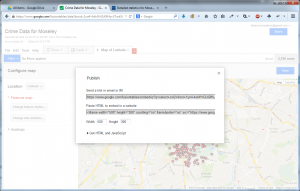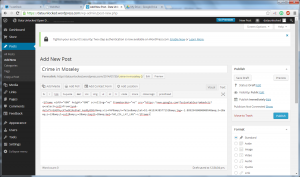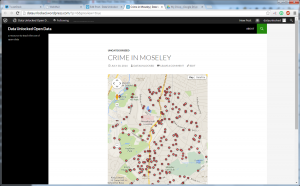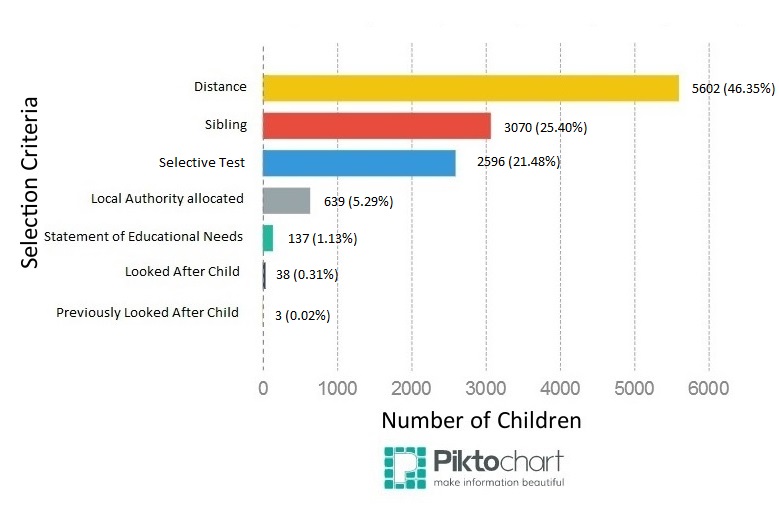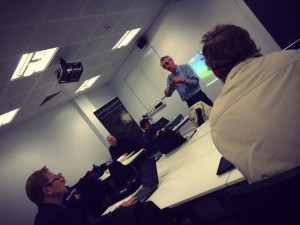Following its first workshop on Samos during the summer, the Share PSI network are preparing for their second meeting in Lisbon. This will be 3-4 December at the National Laboratory for Civil Engineering.
The second workshop is entitled “Encouraging open data usage by commercial developers” which is a subject of some interest to Data Unlocked, and so I’m really pleased to be going there to represent Birmingham.
If you are interested in attending there are several ways in which you can participate:Continue Reading
